A deal that will replace 45% of BOC Australia’s grid power use in Queensland, New South Wales (NSW) and Victoria hinges on ten years of solar energy supply from Philippines-headquartered ACEN Australia’s 400 MW New England Stage 1 project.
The multi-state electricity retail agreement (ERA) secured by South Australian clean energy company ZEN Energy with the gas giant, is part of a tri-party deal with ACEN Australia, to supply BOC’s energy needs on the eastern seaboard up to 2035 and enabling BOC to reduce its current carbon emissions by more than 40% by in the decade.
The deal is supported by a power purchase agreement (PPA) that will see ZEN purchase approximately 23% of the solar generation from ACEN New England solar project.
ZEN Energy Chief Executive Officer Anthony Garnaut said the agreement is a symbol of the transition to renewable energy in action and at scale.
“Such big steps forward for industry sustainability and emissions reduction would not be possible unless a genuine partnership between BOC, ACEN Australia and ZEN was involved,” Garnaut said.
“BOC is ZEN’s first global customer. This demonstrates great confidence in our business model and our strategy. ZEN was the first energy company to commit to science-based targets to reduce carbon emissions, and this agreement is proof positive that BOC is firmly of the same mind and mission.”
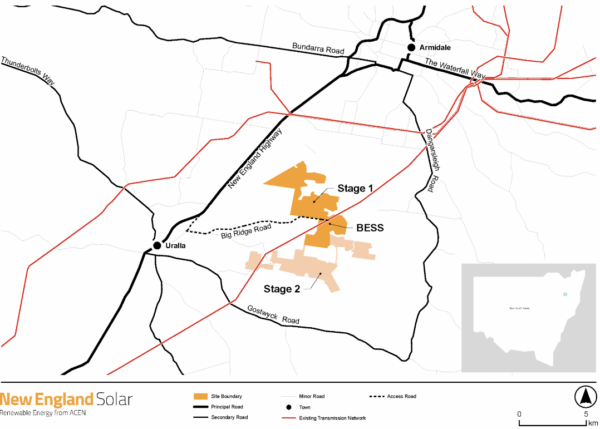
Image: ACEN Australia
ACEN’s 400 MW New England (Stage 1) Solar project is located in the NSW New England region, 460 kilometres north of Sydney and is the first phase of a three part development in progress, and includes Stage 2 (320 MW) solar farm and a 200 MW / 2-hr battery.
ACEN Australia Managing Director David Pollington said the agreement is another milestone for its New England Solar project which stands as a major contributor to the National Electricity Market (NEM) and includes the first large-scale battery storage project to be built in New England.
“We are excited by this offtake with ZEN Energy, enabling us to bring more renewable energy projects to life and clean electricity for Australian homes and businesses while reducing the need for electricity that would otherwise be sourced from generators with higher emissions intensity.”
BOC is a subsidiary of industrial gases and engineering company Linde, which has a target to reduce its global emissions 35% by 2035.
BOC Australia Managing Director Theo Martin said the agreement supports Linde’s global target to reduce its Scope 2 emissions by gradually increasing its use of renewable energy.
“In addition to lowering BOC’s emissions in Australia, it will also help our customers become more efficient and decarbonise their operations by supplying industrial gases which have a lower carbon intensity at a competitive price,” Martin said.
This content is protected by copyright and may not be reused. If you want to cooperate with us and would like to reuse some of our content, please contact: editors@pv-magazine.com.
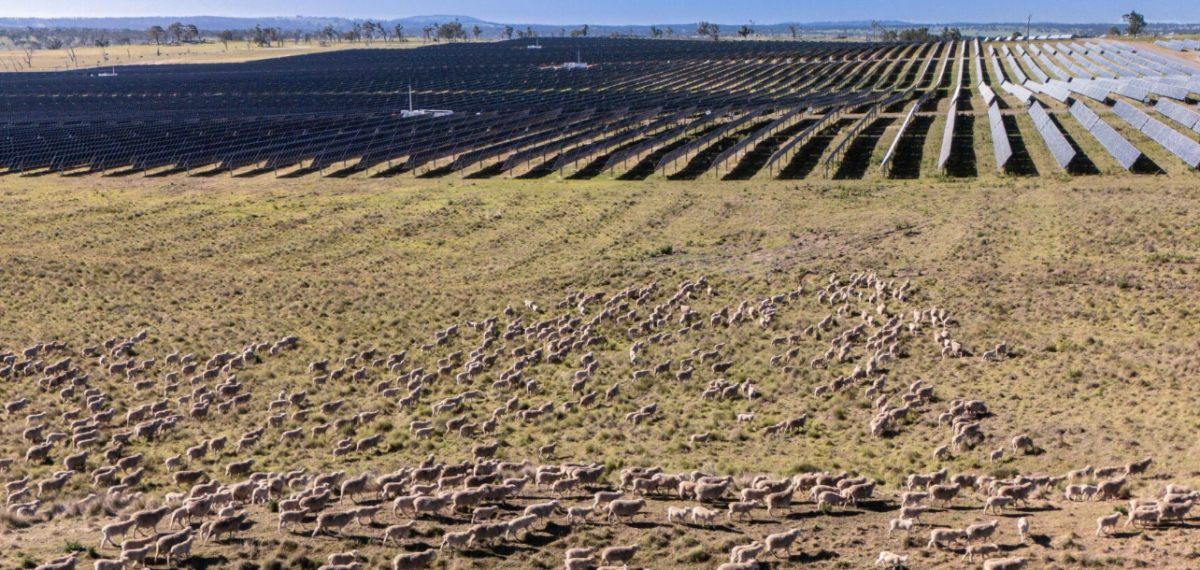
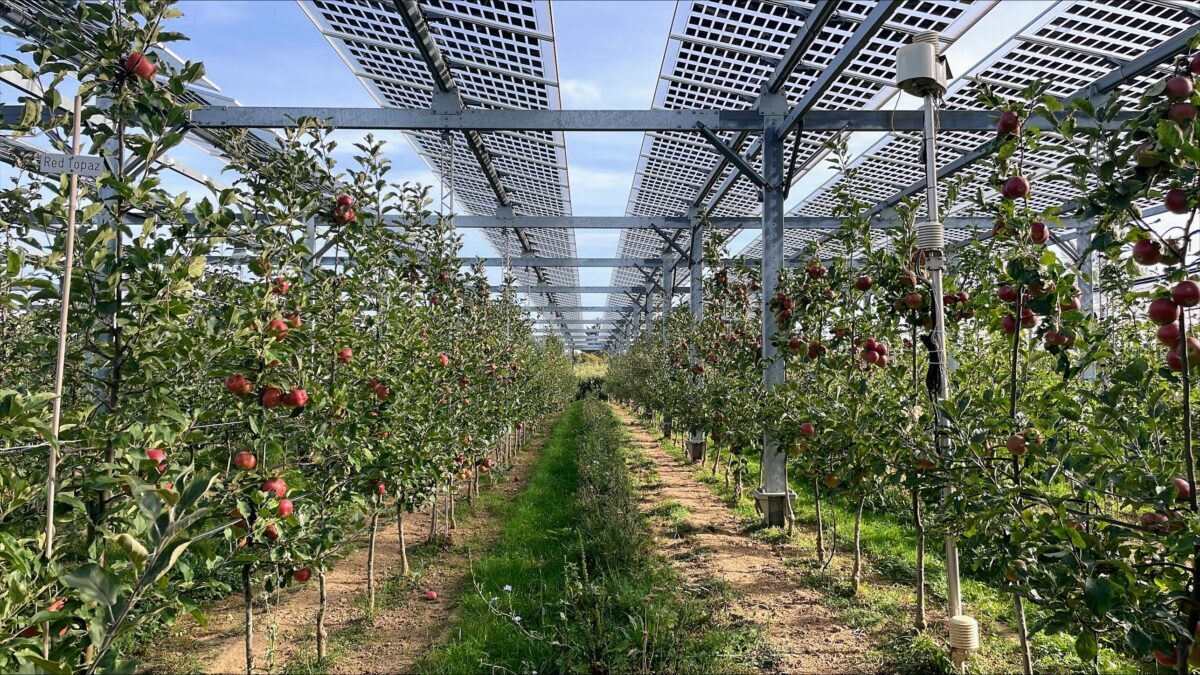





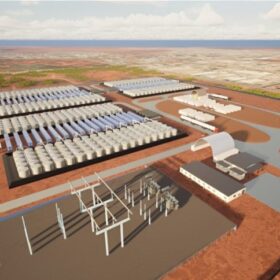
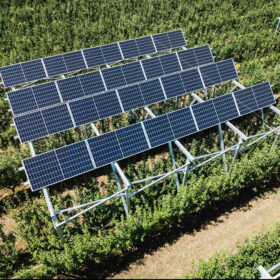
By submitting this form you agree to pv magazine using your data for the purposes of publishing your comment.
Your personal data will only be disclosed or otherwise transmitted to third parties for the purposes of spam filtering or if this is necessary for technical maintenance of the website. Any other transfer to third parties will not take place unless this is justified on the basis of applicable data protection regulations or if pv magazine is legally obliged to do so.
You may revoke this consent at any time with effect for the future, in which case your personal data will be deleted immediately. Otherwise, your data will be deleted if pv magazine has processed your request or the purpose of data storage is fulfilled.
Further information on data privacy can be found in our Data Protection Policy.